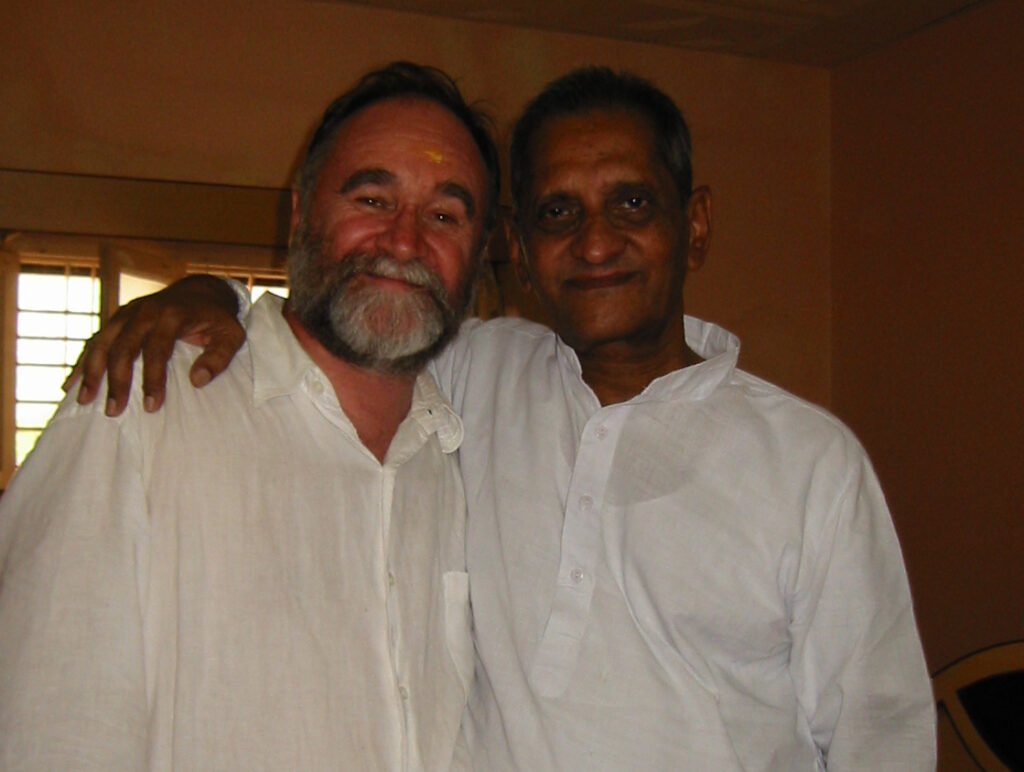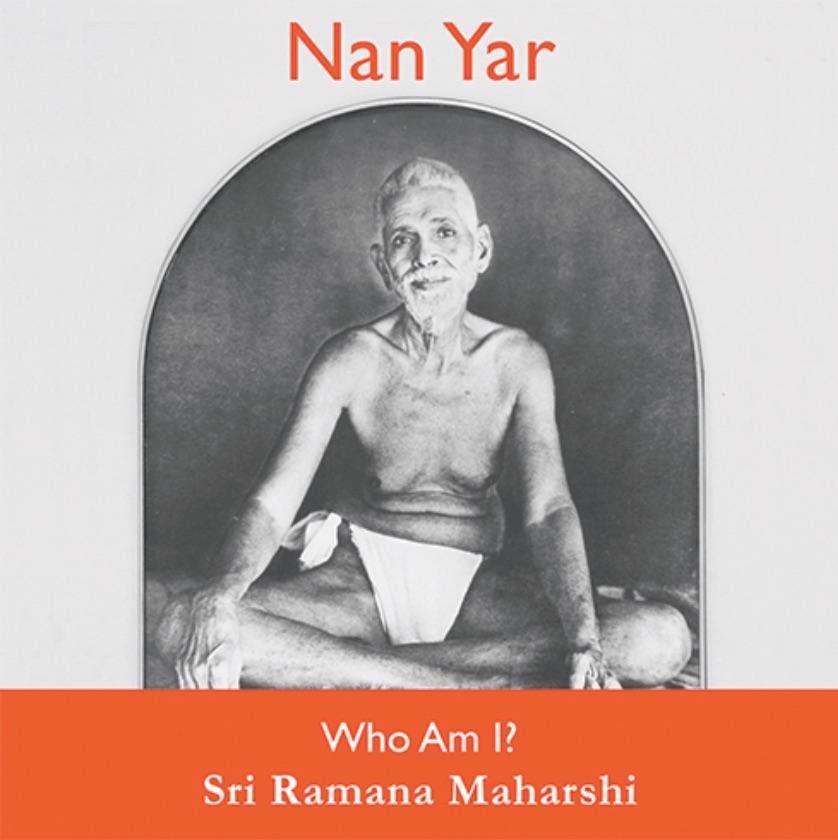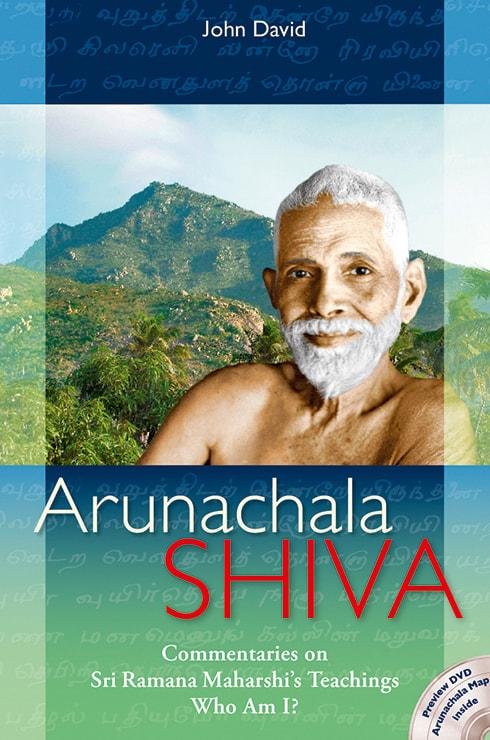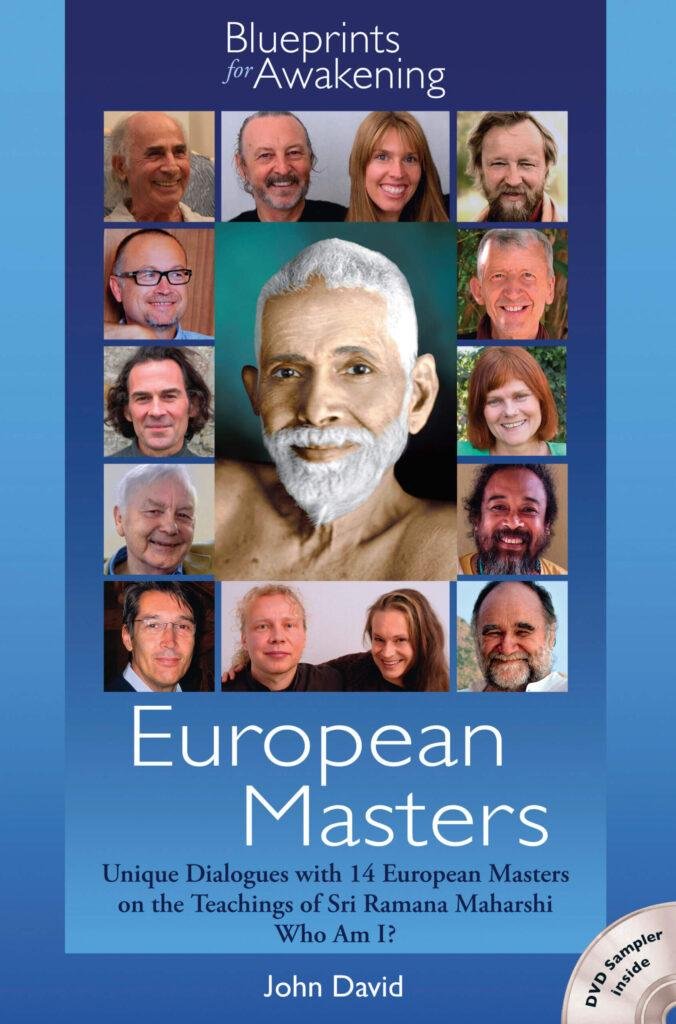Sri Nannagaru
Truth is always there,
whether you know it or not.
– Sri Nannagaru
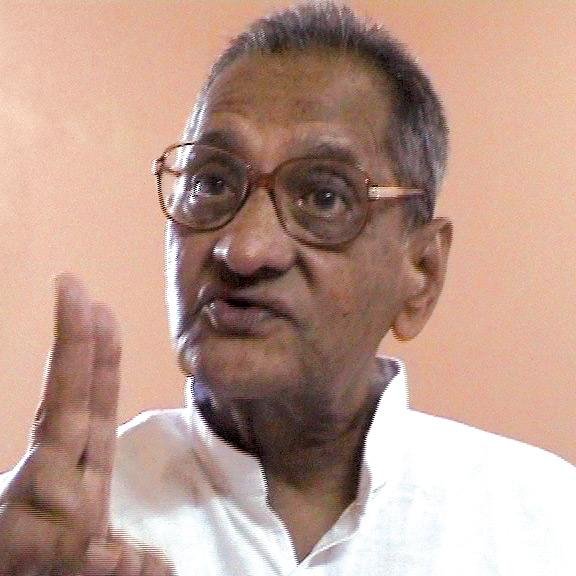
Full Interview with Ajja by John David
Sri Nannagaru
I first met and sat with Sri Nannagaru in silence at his gatherings at Arunachala in 2002. He has very kindly loaned me his ashram for the last seven years to hold my Arunachala Pilgrimage Retreat. His was the first interview that I conducted. He sat on his bed with a translator and at the end said the book would be very successful. Sri Nannagaru is a simple man, devoted to Sri Ramana Maharshi and his many devotees.
– John David
Questions and Answers
Sri Ramana proposed the fundamental question, ‘Who am I?’* Who are you?
Many Western seekers come to India looking for enlightenment as if it is an experience. What is enlightenment?
Are there any qualifications for enlightenment? Is sadhana (spiritual practice) necessary? If yes, what form do you advise?
Sri Ramana said that Self-enquiry is the most direct route to realising the Self. What do you say about Self-enquiry? How to conduct Self-enquiry?
When Sri Ramana was asked, ‘When will the realisation of the Self be gained?’ he replied, ‘When the world which is what-is-seen has been removed, there will be realisation of the Self which is the seer.’* What is the true understanding of the world? How to remove the world?
It has been suggested that the mind must be destroyed for liberation to occur. Do you have a mind? Sri Ramana used the term manonasha to describe the state of liberation, meaning destroyed mind. How to destroy the mind?
What about vasanas, the tendencies of the mind? Must these be removed before Self-realisation can become permanent? Is it enough to achieve asattvic (calm and peaceful) state of mind and to know one’s vasanas so that they no longer bind? How to remove the vasanas?
At the end of his book, Self-Enquiry, Sri Ramana says, ‘He who is thus endowed with a mind that has become subtle, and who has the experience of the Self is called a jivanmukta.’ Is this the state that can be called Self- realised?
He goes on, ‘And when one is immersed in the ocean of bliss and has become one with it without any differentiated existence, one is called a videhamukta. It is the state of videhamukti that is referred to as the transcendent turiya (state). This is the final goal.’ Is this the state that can be called enlightenment?
It appears essential to meet a guru and stay with that guru. Who is the guru? What is the guru’s role? How to recognise a true guru?
Sri Ramana’s devotees had tremendous devotion to him, and he to Arunachala. Please say something about bhakti, devotion, in the pursuit of awakening.
Seekers often have curious ideas about the enlightened state. Please describe your typical day and how you perceive the world.
You have given us a profound discourse on awakening. When you meet a passion for awakening, what would your short advice be?
Sri Nannagaru's teachings
Nature of Reality
Sri Nannagaru emphasized the divine play and inevitability of the cosmic will, where everything happens according to God’s will. Understanding this can lead to peace and acceptance of life’s events as they are.
Self-Inquiry
He was a strong proponent of self-inquiry (Atma Vichara), a method taught by Ramana Maharshi aimed at discovering the true ‘I’ or the essence of oneself. This involves questioning the fundamental notion of “Who am I?” to transcend individual identity and realize the higher Self.
Dealing with Suffering
Addressing human suffering and unhappiness, Sri Nannagaru suggested that these arise due to our disconnection from our true Self and the entanglement in materialistic pursuits. He advised focusing on spiritual understanding to overcome these challenges.
The Role of the Guru
Sri Nannagaru underlined the importance of a Guru in the spiritual journey. A Guru not only imparts wisdom but also helps to remove ignorance, guiding the disciple through personal example and teachings.
Devotion and Surrender
Consistent in his teachings was the theme of Bhakti (devotion). He taught that pure devotion and surrender to God or the Guru can lead one to enlightenment, as it helps dissolve the ego and personal identities, merging the individual in the divine love and grace.
appears in
Blueprints for Awakening – Indian Masters
Indian Spiritual Masters
John David has been interviewing sixteen important Indian Spiritual Masters. The result is a compendium of astonishing wisdom about the biggest secret of all times: the Nature of our True Self and how to realise it.
This boock answers all questions of the spiritual search and is for everyone who has an inner passion to find out who they are.
Published in two volumes.
Sri Nannagaru is part of Volume II.
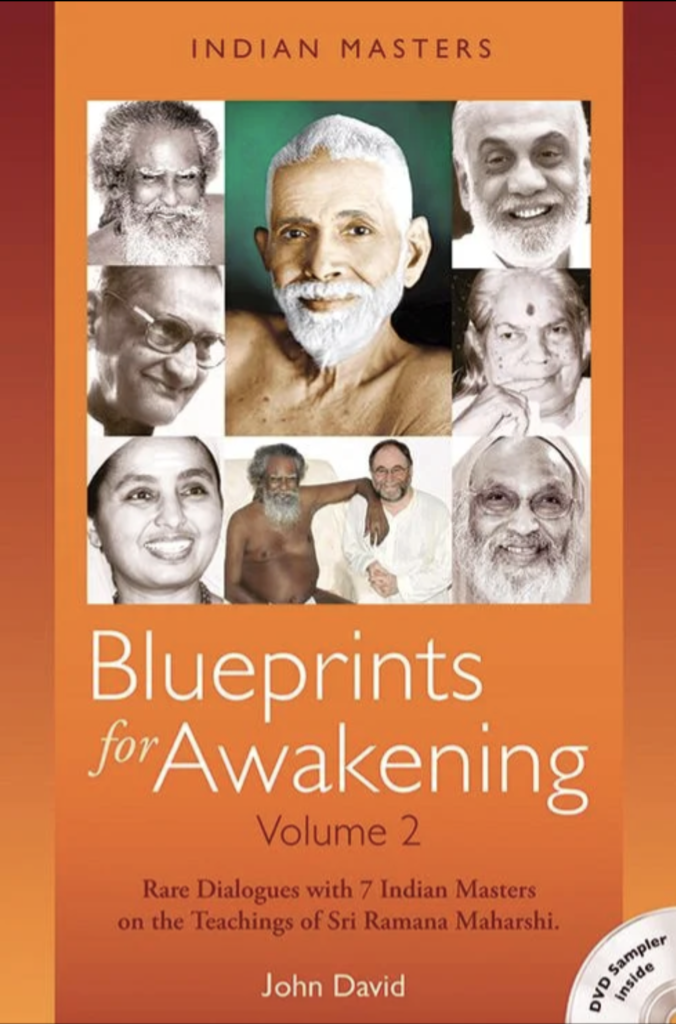
Other Ramana Maharshi Books
NEW: Aham Sphurana – A Glimpse of Self Realisation
Fascinating dialogues and stories of Sri Ramana Maharshi recorded by Sri Gajapathi Aiyyer in the summer 1936, at Ramana Ashram.
This book contains a selection from the complete manuscript Aham Sphurana. This selection, a brilliant treasure, speaks for itself. Beside the detailed teachings on Self-Enquiry, Surrender and Jnana, it exposes a new glimpse of Bhagavan’s personal day-to-day life at fifty-six, in his middle age.
The Book is available in English and German, as Ebook and Paperback.
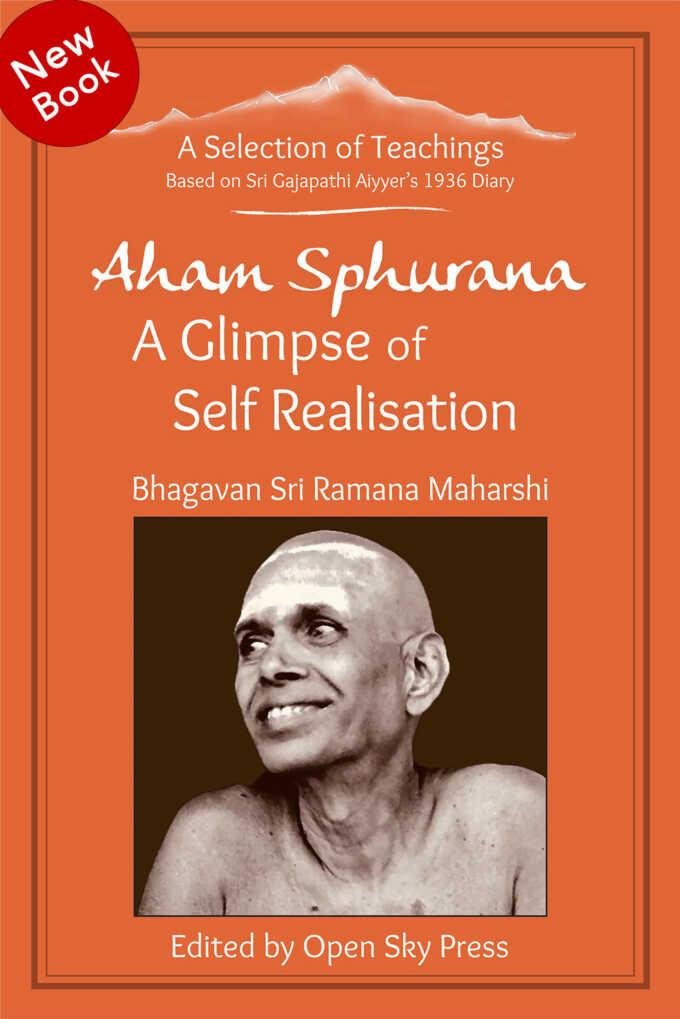
Biography
Sri Nannagaru, also known as Sadguru Sri Nannagaru, was a revered Indian spiritual teacher known for his deep devotion and commitment to sharing the essence of self-inquiry and spiritual wisdom. Born on September 23, 1934, in Andhra Pradesh, India, he grew up in a religious family that frequented many holy sites from an early age, which helped to cultivate his spiritual path.
Throughout his life, Sri Nannagaru traveled extensively to meet and teach his followers, often visiting the sacred site of Arunachala, which is known for its spiritual significance. His teachings emphasized the importance of self-inquiry as a means to self-realization, a method strongly associated with the renowned sage Ramana Maharshi.
Sri Nannagaru was particularly noted for his ability to connect with devotees on a personal level; he was known to engage deeply by observing and reflecting on their behaviors and thoughts, thereby guiding them on a path of inner reflection and growth.
His life’s work and spiritual journey culminated on December 29, 2017, when he passed away on the auspicious day of Vaikunta Ekadashi, leaving behind a legacy of spiritual teachings and enlightenment.
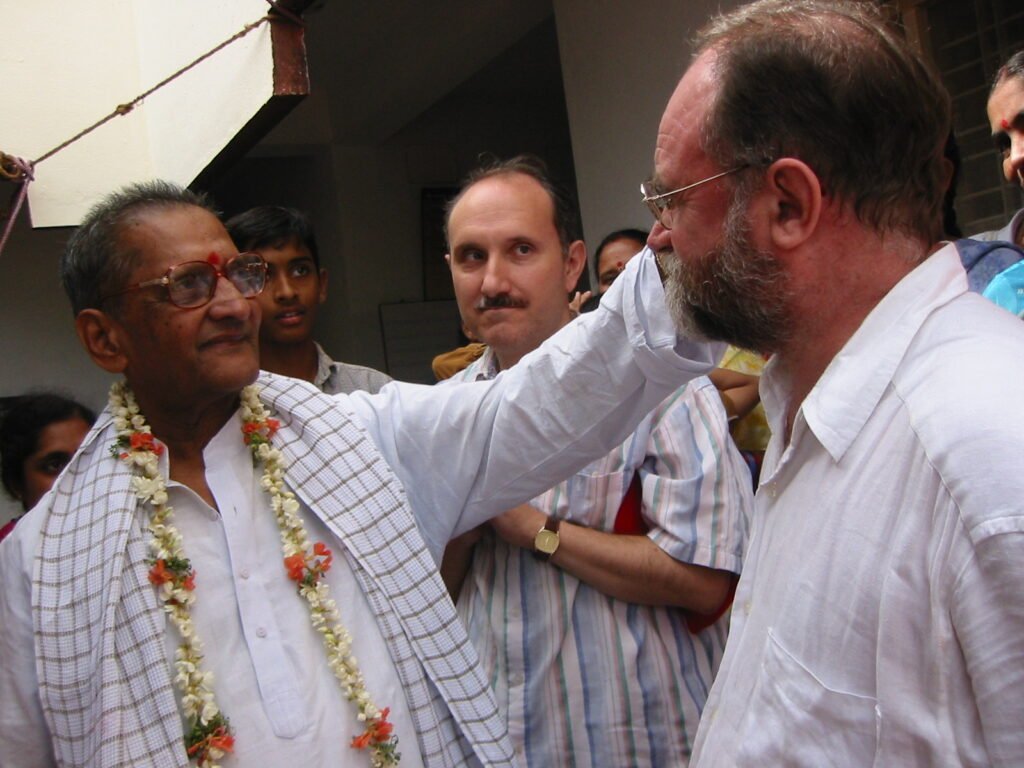
“There is Truth, but the main thing is whether you know it or not. If you know it you will become happy and you will attain a sorrow-less state; if you don’t know it then sorrow will haunt you and drive you, birth after birth. Only Truth is free from sorrow and free from bondage.”
– Sri Nannagaru
